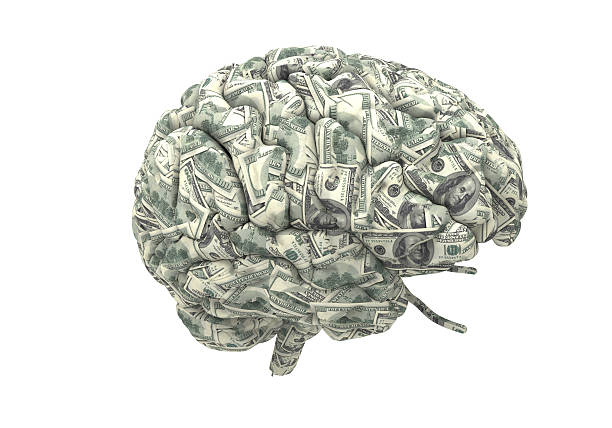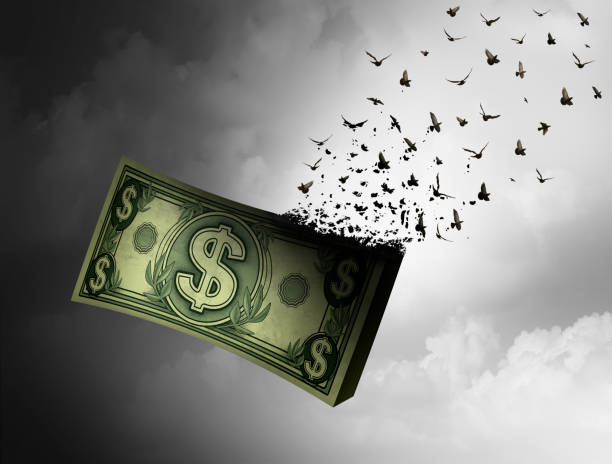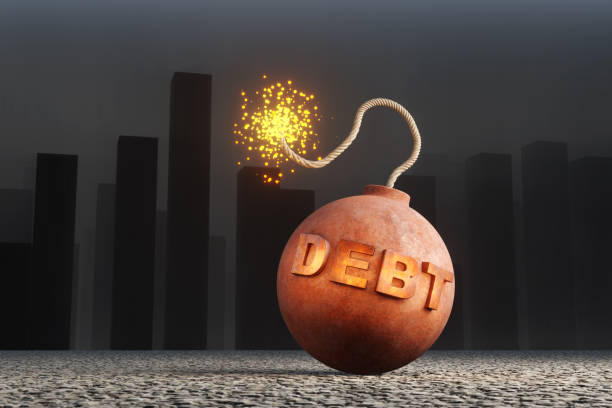The sun had barely peeked over the horizon when Adebola jolted awake, her heart racing. Another nightmare about unpaid bills and empty bank accounts. As she sat up in her small Lagos apartment, surrounded by the early morning bustle of the city, she realized something had to change. It wasn’t just her bank balance that needed an overhaul – it was her entire relationship with money.
In a country where the hustle is as real as the spice in our pepper soup, understanding our connection to money isn’t just important – it’s essential. From the markets of Kano to the oil fields of Port Harcourt, money shapes our lives in ways we often don’t realize. Let’s embark on a journey to unravel the complex web of naira and emotion that defines our financial lives in Nigeria.
How Childhood Shapes Our Naira Narrative
Adebola’s earliest memory of money was watching her mother haggle fiercely in Balogun Market, squeezing every bit of value from each transaction. This experience instilled in her a respect for money’s power, but also a fear of never having enough.
Many Nigerians carry similar stories. Perhaps you grew up hearing “money doesn’t grow on trees” or watched your parents struggle to make ends meet during times of economic hardship. These experiences shape our money mindset, often without us realizing it.
To understand your own money story, reflect on your earliest money memories. Did your family celebrate financial wins or constantly worry about lack? These recollections can offer valuable insights into your current financial behaviours.
The Scarcity Mindset in a Land of Abundance
Nigeria is a land of contrasts – abundant in natural resources yet grappling with widespread poverty. This paradox often breeds a scarcity mindset, where we believe there’s never enough to go around.
Adebola found herself trapped in this mindset, hoarding every kobo out of fear, yet ironically spending impulsively when she did have money – a common behaviour when we believe abundance is fleeting.
To shift from scarcity to abundance, start by recognizing the opportunities around you. Can you turn your skills into a side hustle? Is there a more efficient way to manage your current resources? An abundance mindset in Nigeria isn’t about ignoring challenges, but about seeing possibilities where others see obstacles.
The Feelings Behind Our Spending
From the joy of buying new aso-ebi for a friend’s wedding to the guilt of splurging on expensive gadgets, our spending is often driven by emotion rather than logic.
Adebola realized she often bought expensive lunches to impress colleagues, even when her account balance was screaming for mercy. This emotional spending was a band-aid for deeper insecurities.
To combat emotional spending, try the 24-hour rule. Before making any non-essential purchase, wait a day. Often, the emotional urge will pass, leaving you with a fuller wallet and a clearer mind.
Keeping Up with the Okonkwos: Social Pressure in the Age of Instagram
In a culture that often equates visible wealth with success, the pressure to “belong” can be overwhelming. From designer labels to the latest iPhone, the urge to keep up appearances is a uniquely powerful force in Nigerian society.
Adebola found herself constantly comparing her life to the curated images on social media, leading to feelings of inadequacy and financial strain.
Remember, behind every glossy Instagram post is a reality we can’t see. Focus on your personal financial goals rather than societal expectations. True wealth in Nigeria is measured not by appearances, but by financial security and peace of mind.
Naira Negotiations: Money Talks in Relationships
In Nigerian relationships, money matters are often as spicy as our jollof. From who pays on dates to managing family finances, money can be a source of both connection and conflict.
Adebola and her partner often clashed over finances – she was a saver, he was a spender. They learned that open communication about money was key to harmony both in their relationship and their joint finances.
Consider having regular “money dates” with your partner or family. Discuss financial goals, challenges, and dreams in an open, non-judgmental space. Remember, in Nigeria, financial decisions often impact extended family too – clear communication is crucial.
Beyond the Billions: Can Naira Buy Happiness?
We’ve all dreamed of striking it rich – perhaps winning the lottery or landing that high-paying oil company job. But does more money really equal more happiness?
Adebola discovered that experiences brought her more joy than possessions. A weekend trip to Erin Ijesha waterfalls with friends filled her heart more than any designer bag ever could.
While financial security is important, true fulfillment comes from connections, experiences, and personal growth. Consider allocating some of your budget to experiences that enrich your life – whether it’s learning a new skill or exploring a new part of Nigeria.
Breaking the Chains: Overcoming Money Blocks
Many Nigerians carry deep-seated beliefs about money that hold them back. Phrases like “rich people are evil” or “I’ll never be wealthy” can become self-fulfilling prophecies.
Adebola realized she subconsciously believed that making too much money would make her family resent her. This belief was holding her back from pursuing better opportunities.
Identify your own limiting beliefs about money. Where did they come from? Are they serving you? Challenge these beliefs and replace them with more empowering ones that align with your financial goals.
Naira Knowledge is Power: The Importance of Financial Literacy
In a country where financial education is often overlooked, taking control of your money mindset means becoming your own financial expert.
Adebola started small – learning about budgeting apps designed for the Nigerian market, understanding different savings options, and educating herself about investments beyond just land and property.
Empower yourself with knowledge. Attend free financial workshops, read books by Nigerian financial experts, and don’t be afraid to ask questions. Remember, in the world of finance, there are no stupid questions – only expensive lessons if you don’t ask.
Conclusion
My fellow Nigerians, in a land where the naira flows as unpredictably as the Niger River, we have the power to chart our own financial course. Our journey through the psychology of money in Nigeria reveals a truth as bright as our sun – our relationship with money is complex, emotional, and deeply personal.
Let’s recap our expedition through the Nigerian money mindset:
- Ancestral Echoes: Recognize how childhood experiences shape your current money beliefs.
- Abundance in Adversity: Shift from a scarcity mindset to seeing opportunities in challenges.
- Emotional Economics: Identify and manage the feelings driving your financial decisions.
- Social Media Reality Check: Focus on personal financial goals, not curated online lifestyles.
- Relationship Currency: Foster open communication about money in personal relationships.
- Happiness Beyond Wealth: Prioritize experiences and personal growth over material possessions.
- Breaking Money Blocks: Identify and challenge limiting beliefs about wealth.
- Financial Literacy Journey: Commit to ongoing financial education tailored to the Nigerian context.
Brothers and sisters, the time has come to take control of our naira narrative. With each mindful decision, each limiting belief challenged, we write a new chapter in our financial story. Are you ready to transform your relationship with money and create a legacy of financial wisdom? The power lies in your hands – let’s rewrite our naira narrative together, one kobo at a time!








